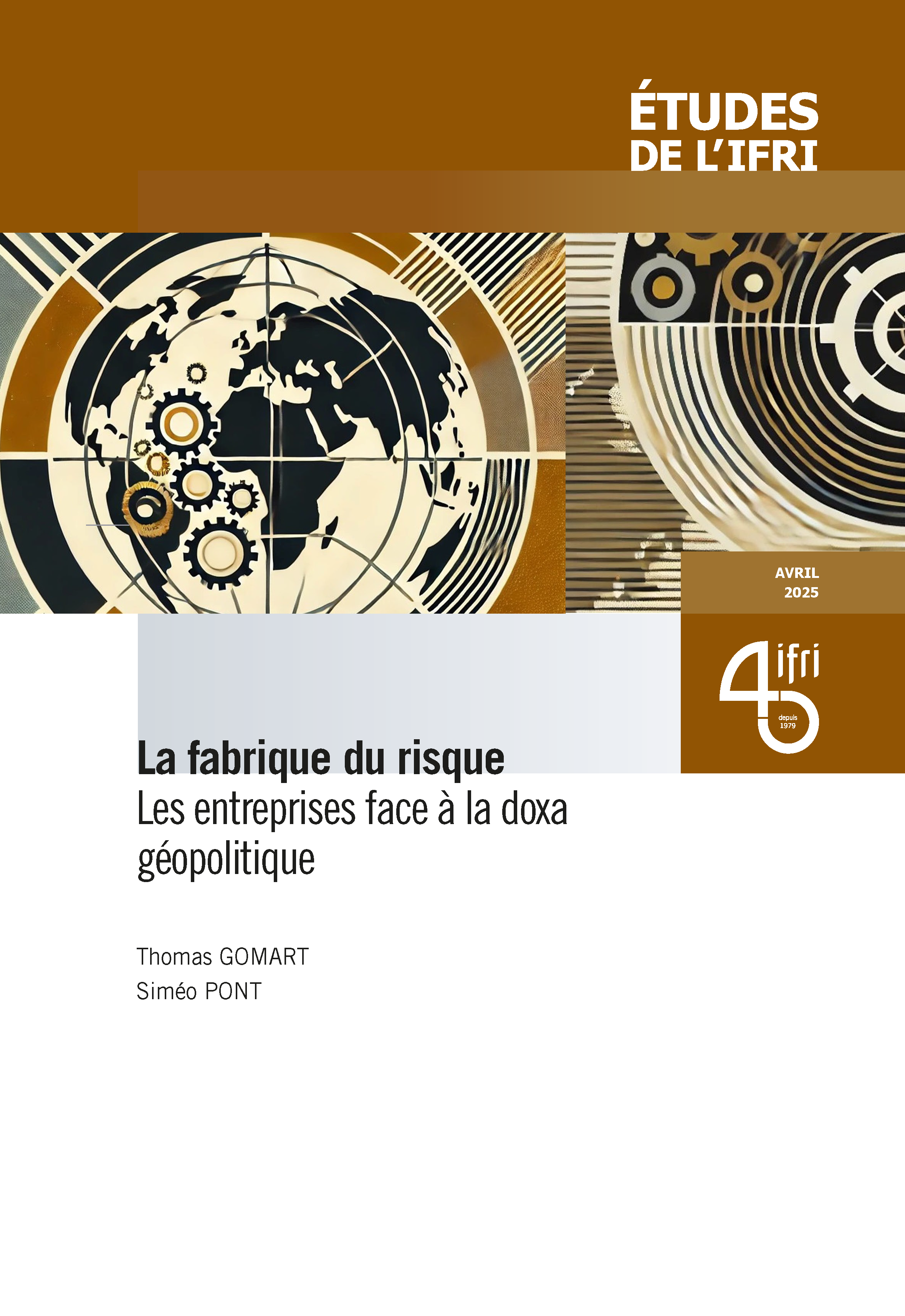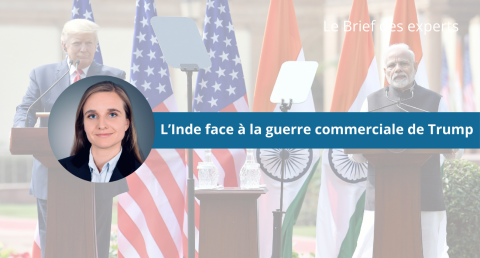We need to talk about Xi Jinping: G7’s discord over powerful trading partner
Disagreements have opened up about strategy when China is also seen as an existential threat.
Western powers in the G7 group of nations are failing to coordinate their China strategies, senior western officials admit, adding that the need to do so has been given sharp impetus by Xi Jinping’s consolidation of power at this month’s Communist party congress.
The G7’s poor coordination reflects a deep disagreement, also reflected within the EU, about whether dialogue and trade with China have a future if Beijing is seen as an existential threat that requires strict strategic controls on economic ties.
Chinese aggression
At the week-long Communist party congress, Xi was confirmed as leader of China for a precedent-breaking third term around a new leadership principle that puts national security, and self-reliance, ahead of trade with the west, strengthening the hand of those in the G7 who see China primarily as a threat. The congress in effect confirmed the abolition of collective leadership, advanced a more aggressive foreign policy based on Marxist nationalism and underlined China’s ambition to become the world’s technological leader. By doing so it also confirmed that China, not Russia, will dominate western foreign policy thinking in the medium term.
Different types of threat
British officials in particular have taken to describing Russia as “the active threat”, but China as the “pacing threat” – a variation on the recent remark by the MI5 director general, Ken McCallum, who likened Russia’s behaviour to “bursts of bad weather” while noting that “China is changing the climate”.
An update, due to be published next year, to last year’s British Integrated Review policy paper may not formally upgrade the Chinese threat but it will argue that the past year has shown the risk of a “great power” conflict has grown alarmingly. One source said: “The rate of deterioration has been at the far end of the predictions in the review.”
An integrated approach
This all requires the west collectively to do more to integrate its approach to China, by coordinating an economic strategy to protect itself from Chinese economic coercion and supply chain vulnerabilities in a host of areas, such as microchips, defence, fusion technology, lithium and energy.n 7 October, the US effectively tried to kneecap China’s technological advance by controls that severely restrict the export to China of high-end semiconductors, as well as the equipment and software needed to manufacture them. The aim, according to Mathilde Velliet at the French Institute for International Relations, is to freeze Chinese capabilities in semiconductors to preserve US technological leadership. [...]
Lire l'intégralité de l'article sur le site du Guardian.

Média

Partager









